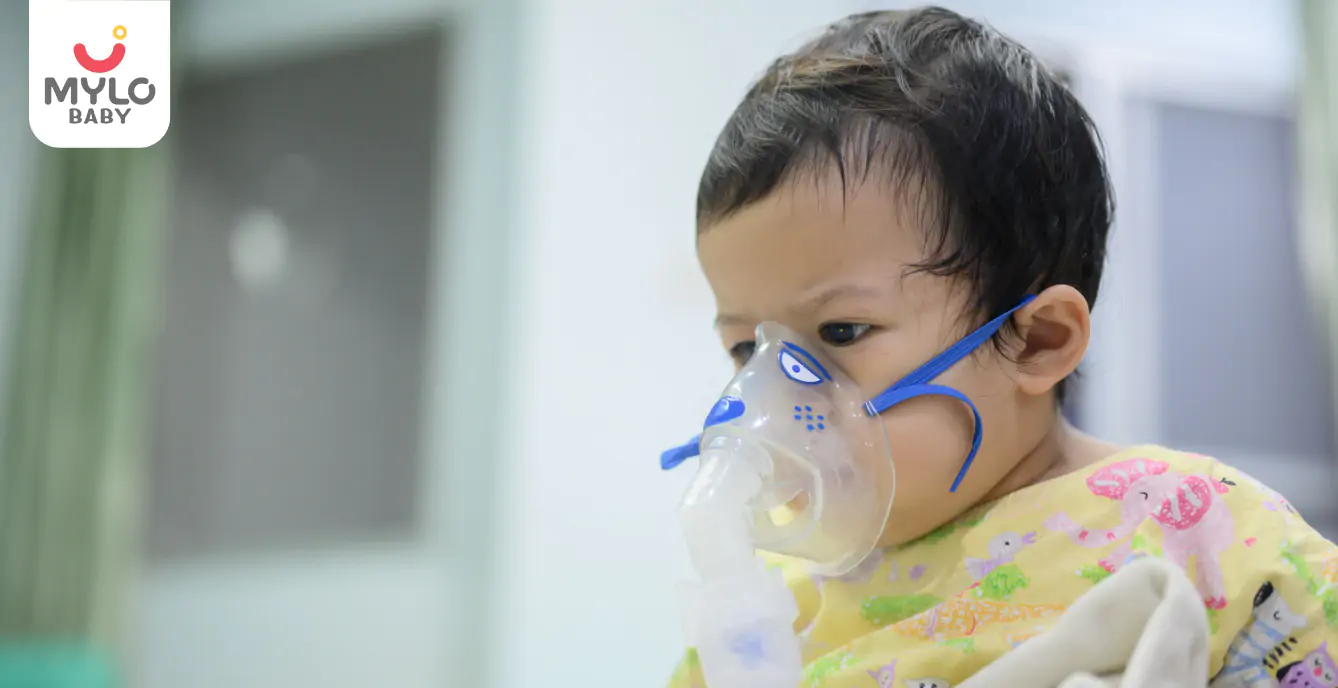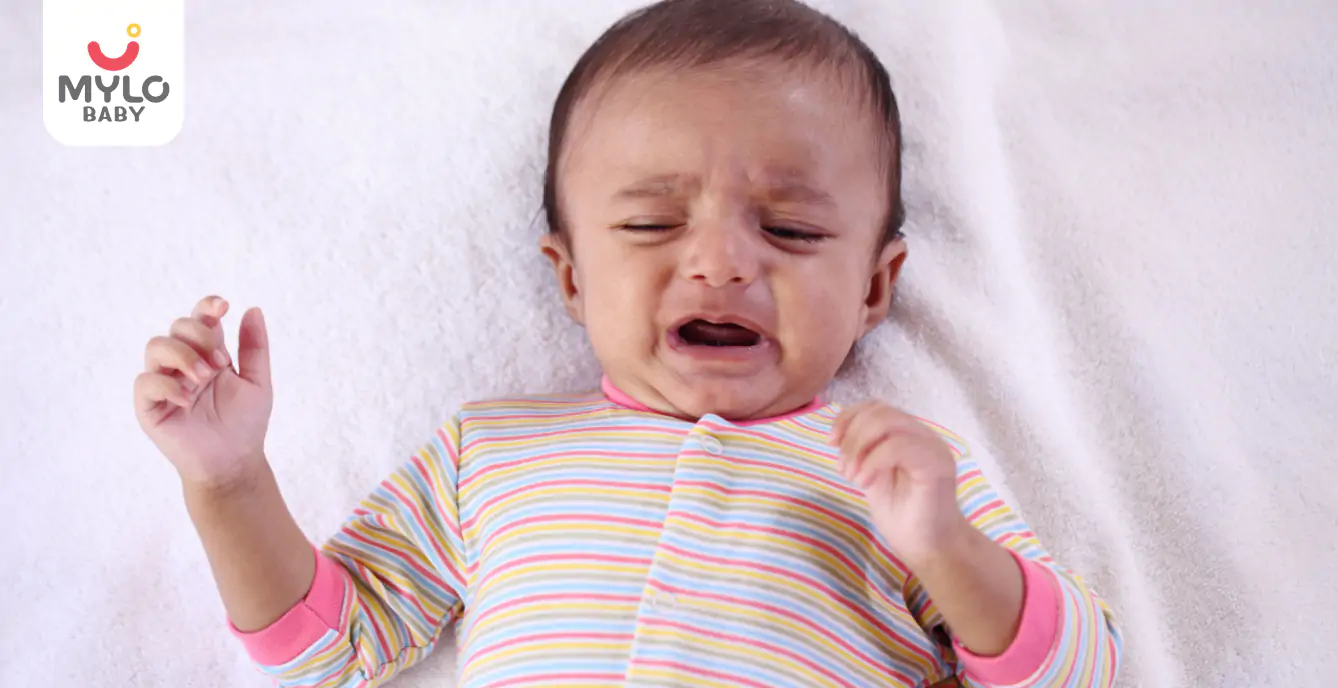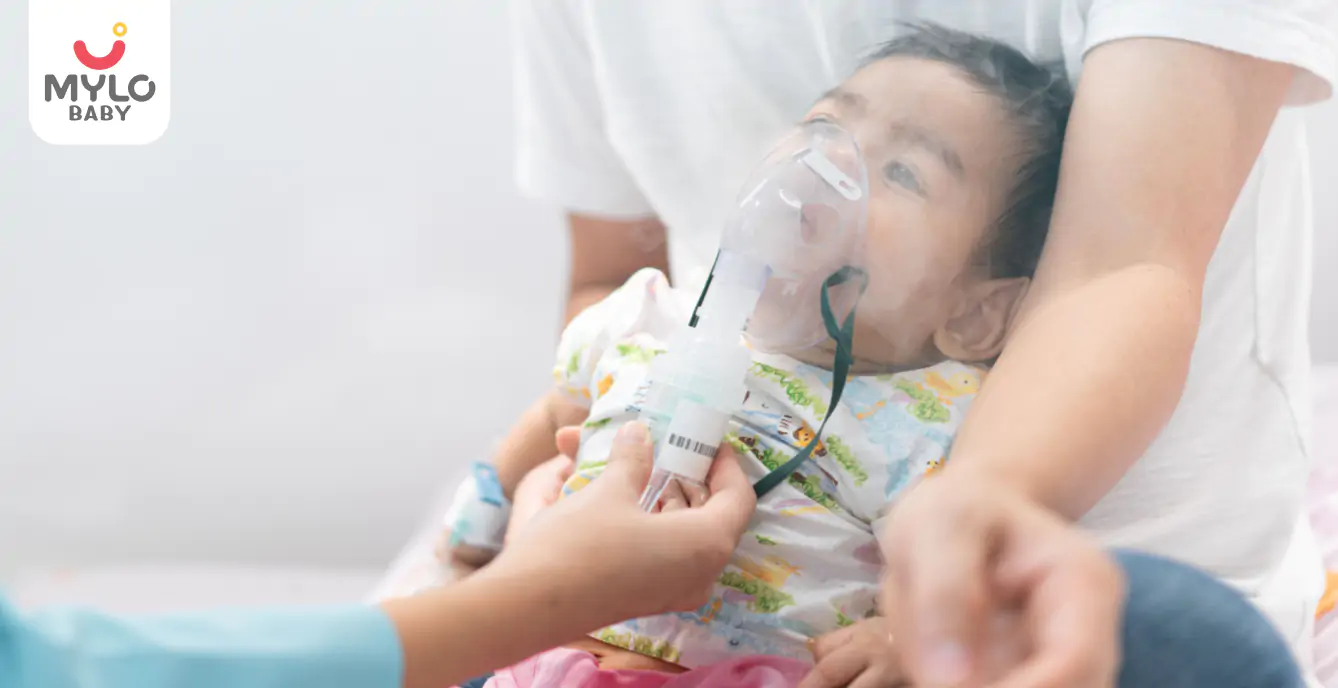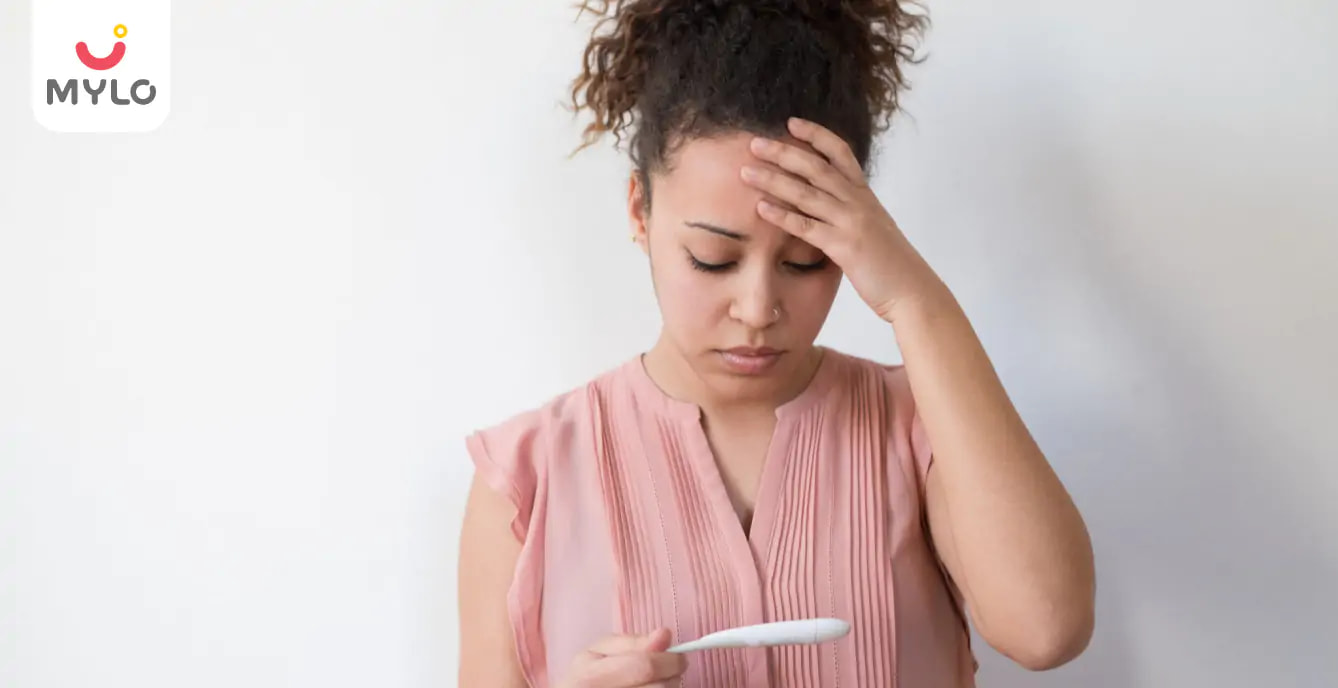- Home

- Female Infertility Symptoms Every Woman Should Know
In this Article
Getting Pregnant
Female Infertility Symptoms Every Woman Should Know
Updated on 21 December 2023



Medically Reviewed by
Dr. Vani Puri
Obstetrician- Gynecologist, Infertility Specialist - MBBS| DGO, DNB
View Profile

Becoming a mother is a cherished dream for countless women around the world. However, for some, the path to motherhood can be fraught with challenges. Female infertility can be a devastating roadblock in their journey towards parenthood. While infertility can have various causes, it is crucial for every woman to be aware of female infertility symptoms.
In this article, we will explore the most common signs of infertility in women. By understanding the signs and seeking timely medical intervention, women can take proactive steps towards their reproductive health and increase the chances of fulfilling their desire to become a mother.
How common is infertility among women?
Infertility is a condition that affects millions of women worldwide. It is estimated that around 10% to 15% of couples struggle with infertility, and in about one-third of these cases, the issue lies solely with the female partner.
Infertility can be a distressing and emotionally challenging experience, and it is important for women to be aware of the common symptoms that may indicate a problem. By understanding the infertility warning signs, women can seek timely medical assistance and explore the available treatment options.
Does fertility decline with age?
One of the most common factors contributing to female infertility is age. As women age, their fertility naturally declines. This is primarily due to a decrease in the number and quality of eggs in the ovaries.
Women are born with a finite number of eggs, and as they age, the quantity and quality of these eggs diminish. This decline in fertility typically becomes more pronounced after the age of 35. However, it is important to note that infertility can affect women of any age, and it is not solely limited to older women.
You may also like: Female Fertility and Fertility Treatments: A Comprehensive Guide
Female infertility symptoms
Let us now take a look at the symptoms of infertility in women:
1. Irregular menstrual cycles
Women with irregular periods may have difficulty conceiving. Irregular cycles can indicate hormonal imbalances or problems with ovulation.
2. Painful or heavy periods
Severe menstrual cramps or heavy bleeding can be a sign of conditions such as endometriosis or uterine fibroids, which can affect fertility.
3. Absent or infrequent periods
Women who experience infrequent or absent periods may have ovulation issues, which can make it challenging to get pregnant.
4. Pain during intercourse
Pain or discomfort during intercourse can be a symptom of conditions such as pelvic inflammatory disease or endometriosis, which can impact fertility.
5. Hormonal imbalances
Imbalances in hormones, such as high levels of prolactin or thyroid dysfunction, can interfere with ovulation and fertility.
6. Excessive hair growth
Excessive or abnormal hair growth, known as hirsutism, can be a symptom of polycystic ovary syndrome (PCOS), a condition that often leads to infertility.
7. Changes in breast size or shape
Unexplained changes in breast size or shape may indicate hormonal imbalances that can affect fertility.
8. Recurrent miscarriages
Multiple miscarriages can be a sign of underlying fertility issues, such as problems with the uterus or hormonal imbalances.
Female infertility causes
Let us take a look at some of the most common reasons for female infertility:
1. Ovulation disorders
Irregular or absent ovulation is a common cause of female infertility. Conditions such as PCOS or hormonal imbalances can disrupt normal ovulation.
2. Fallopian tube damage or blockage
Blocked or damaged fallopian tubes can prevent the sperm from reaching the egg, leading to infertility. This can be caused by conditions such as pelvic inflammatory disease or endometriosis.
3. Uterine or cervical abnormalities
Structural abnormalities in the uterus or cervix, such as polyps or fibroids, can interfere with implantation or block the sperm from reaching the egg.
4. Endometriosis
Endometriosis is a condition in which the tissue lining the uterus grows outside the uterus. This can cause scarring and adhesions that affect fertility.
5. Age-related decline in fertility
As mentioned earlier, age is a significant factor in female infertility. The quality and quantity of eggs decrease as women age, making it more challenging to conceive.
6. Other medical conditions
Certain medical conditions, such as thyroid disorders or autoimmune diseases, can impact fertility and increase the risk of infertility.
Female infertility treatment
Now that we know about signs of infertility in women and the reasons behind them, let’s understand the treatment options available to women struggling with infertility:
1. Medications to stimulate ovulation
Ovulation-inducing medications, such as Clomid, can help regulate ovulation and increase the chances of getting pregnant.
2. Surgery to correct structural abnormalities
In some cases, surgical procedures may be necessary to correct conditions such as blocked fallopian tubes or uterine abnormalities.
3. Assisted reproductive technologies (ART)
ART includes procedures such as in vitro fertilization (IVF), where eggs are retrieved and fertilized in a lab before being implanted in the uterus.
4. Intrauterine insemination (IUI)
This procedure involves placing washed and concentrated sperm directly into the uterus during ovulation to increase the chances of fertilization.
5. Lifestyle changes and alternative therapies
Adopting a healthy lifestyle, managing stress, and exploring alternative therapies such as acupuncture or herbal remedies may complement medical treatments and improve fertility.
Women looking to boost their fertility can also try Mylo's Ovaluna Female Fertility Capsules, which are an effective blend of fertility-boosting supplements like CoQ10, L-methyl folate, zinc, Vitamin D2, Vitamin B12 and shatavari, among others. These ingredients are known to improve egg health and development, maintain hormonal balance, prevent fertility complications and regulate menstrual and ovulation cycle.
FAQs
1. Are there any infertility warning signs in women?
Yes, there are several warning signs that may indicate infertility in women. These include irregular menstrual cycles, pain during intercourse, hormonal imbalances, and recurrent miscarriages. If you experience any of these symptoms, it is important to consult with a healthcare provider for further evaluation.
2. What are the most common reasons for female infertility?
The most common female infertility causes include ovulation disorders, fallopian tube damage or blockage, uterine or cervical abnormalities, endometriosis, age-related decline in fertility, and other medical conditions such as thyroid disorders or autoimmune diseases.
3. What to do if you notice signs you can't get pregnant?
If you notice signs that you may be unable to get pregnant, it is recommended to seek medical advice. A healthcare provider specializing in reproductive health can evaluate your symptoms, perform necessary tests, and recommend appropriate female infertility treatment based on your individual circumstances.
Final thoughts
Female infertility can be a challenging and emotionally taxing experience for women. By being aware of the common female infertility symptoms and causes, women can take proactive steps to seek medical assistance and explore the available treatment options. It is important to remember that infertility is a medical condition and not a reflection of personal failure. With timely intervention and appropriate care, many women can overcome infertility and fulfill their dreams of starting a family.
References
1. Bhattacharya S, Johnson N, Tijani HA, Hart R, Pandey S, Gibreel AF. (2010). Female infertility. BMJ Clin Evid.
2. Al-Inany H. (2005). Female infertility. Clin Evid.





Medically Reviewed by
Dr. Vani Puri
Obstetrician- Gynecologist, Infertility Specialist - MBBS| DGO, DNB
View Profile


Written by
Priyanka Verma
Priyanka is an experienced editor & content writer with great attention to detail. Mother to an 11-year-old, she's a ski
Read MoreGet baby's diet chart, and growth tips

Related Articles
Related Topics
RECENTLY PUBLISHED ARTICLES
our most recent articles

Breathlessness
Your heart stops beating when your baby feels breathless! Here are 5 things to know about infant breathlessness.

Care for Baby
Newborn Crying: What It Means and How to Handle It?

Growth & Development
When Do Babies Make Eye Contact: Keeping an Eye on Important Milestones

Women Interests
Is your baby getting breathless frequently? Five things you must know

Birthday Parties
50 Budget-Friendly Birthday Return Gift Ideas to Wow Your Guests

PCOS & PCOD
PCOS Exercise: Your Guide to Sweating Away PCOS
- PCOS and Pregnancy: How to Manage PCOS on the Path to Parenthood
- PCOS Tests: The Power of Diagnostic Tests in Your Health Journey
- Must-Read Ruskin Bond Short Stories for Little Minds
- The Top 10 Tenali Raman Stories You Must Read to Your Kids
- Ovulation Bleeding: The Ultimate Guide to Causes, Symptoms and Management
- A Guide to Recognizing Symptoms of Ovulation After HCG Injection
- Bulky Ovaries Explained: What Every Woman Should Be Aware Of
- Ovulation: The Key to Maximizing Your Chances of Conception and Pregnancy
- The Ultimate Compilation of Fancy Dress Ideas for Young Kids
- How Long Does Sperm Take to Reach the Egg?
- Pregnancy Symptoms After Ovulation Day by Day: Exploring the Daily Progression
- Signs Ovulation is Over: Your Guide to Understanding the End of Ovulation
- Top 15 Akbar and Birbal Stories for Young Kids
- How Soon After an Abortion Can You Get Pregnant?


AWARDS AND RECOGNITION
Mylo wins Forbes D2C Disruptor award
Mylo wins The Economic Times Promising Brands 2022
AS SEEN IN
















At Mylo, we help young parents raise happy and healthy families with our innovative new-age solutions:
- Mylo Care: Effective and science-backed personal care and wellness solutions for a joyful you.
- Mylo Baby: Science-backed, gentle and effective personal care & hygiene range for your little one.
- Mylo Community: Trusted and empathetic community of 10mn+ parents and experts.
Product Categories
baby carrier | baby soap | baby wipes | stretch marks cream | baby cream | baby shampoo | baby massage oil | baby hair oil | stretch marks oil | baby body wash | baby powder | baby lotion | diaper rash cream | newborn diapers | teether | baby kajal | baby diapers | cloth diapers |









